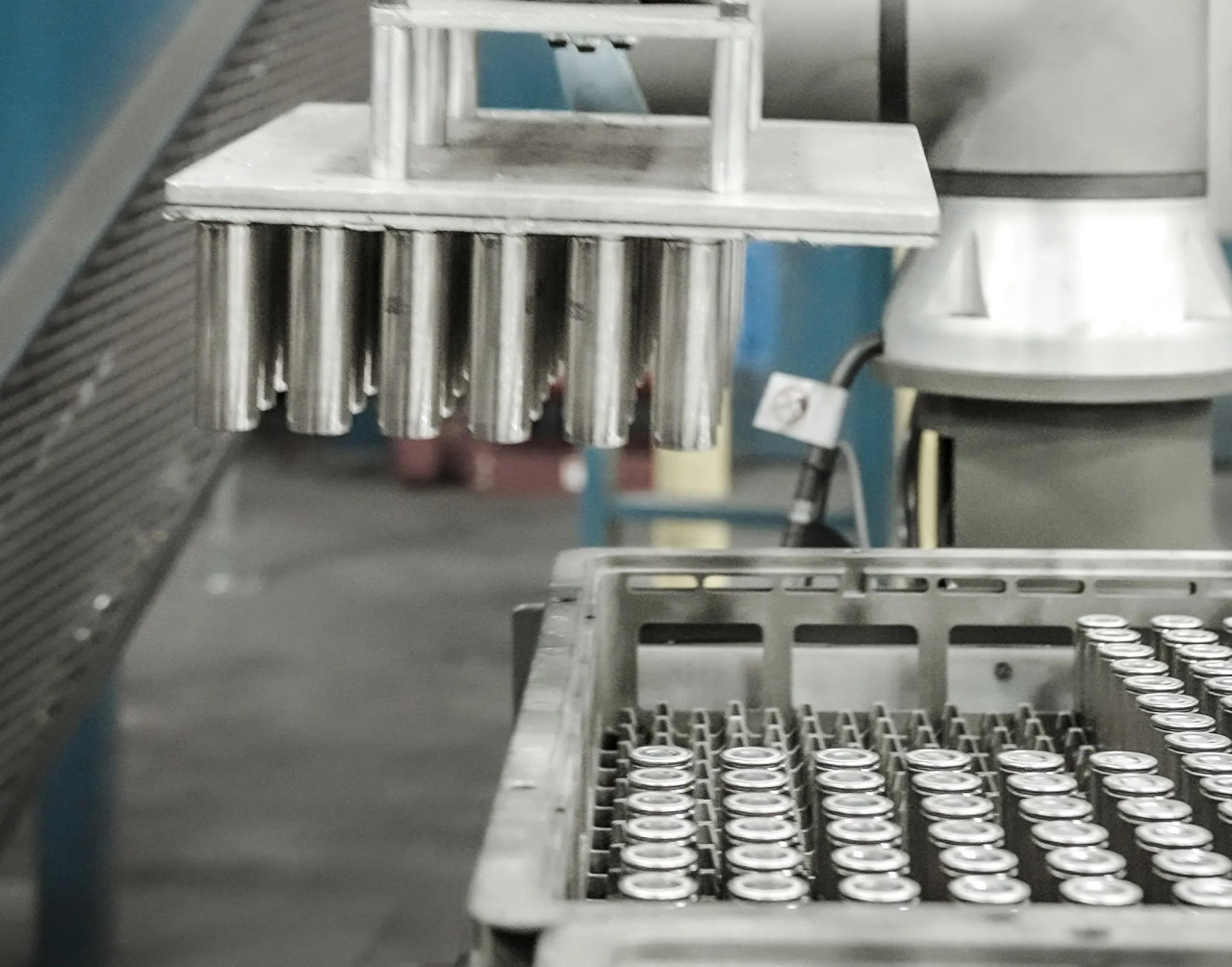'Good & Green' guides Godrej & Boyce's sustainable strategy
Anil G Verma, Executive Director & President Godrej & Boyce Mfg. Co. Ltd. talks about various initiatives at Godrej & Boyce that are enabling the adoption of greener technologies and overall energy productivity.
Q. What is the role of businesses in mitigating climate change? How do you navigate dependencies on supply chain partners, policy environment, and the broad business ecosystem?
A: Supply chain partners are undoubtedly one of the key stakeholders in the organization's endeavor to 'Go Green'. The raw material, components, products, and services and their inbound logistics have a sizeable carbon footprint. We endeavor to decarbonize supply chains to the maximum extent possible, in line with the organization's overall approach towards sustainable development. Our supply chains also encompass all small enterprises, and we continuously work with them so that their practices are in line with the organization's approach towards sustainable development.
India's leading industry body, the Confederation of Indian Industry (CII), has evolved many standards and rating systems that help companies move in this direction. The 'GreenCo' rating system for companies, large and small, addresses multiple dimensions of green manufacturing viz., energy (renewable/non-renewable), water, waste, green purchase, product stewardship, etc. Over two dozen Godrej & Boyce suppliers have earned GreenCo certifications, mainly in the Gold and Platinum categories. We endeavor to move towards a 100% green supply chain.
Similarly, for products, CII has come with a 'GreenPro' rating system which assesses how green a product is on a Global Standards Framework, covering product design, raw materials, manufacturing process, product performance during use, recycling, and disposal. The objective is to take a complete Life Cycle Approach (LCA) to assess the impact on the environment. Besides, the Indian Green Building Council (IGBC) has also devised more than 24 rating systems for the new built environment, which several companies and their supplier base have adopted.
EP100
EP100 led by the Climate Group brings together a growing group of energy-smart companies improving their energy in a manner to lower their emissions and improve their competitiveness. The International Energy Agency estimates that over 40 percent of the emissions cuts needed to reach global climate goals can be achieved through energy efficiency. In making smarter use of energy, EP100 members are leading the way.
Q. Godrej & Boyce is an EP100 member. How have ambitious climate commitments impacted your organization's overall sustainability strategy?
A: At Godrej & Boyce, we strongly believe in the importance of balancing growth with sustainability. Respect for resources and the environment has always been at the core of our values, and, hence, sustainability is integral to the way we choose to do business.
Under an overarching strategy of 'Good & Green', which has been a guiding force for our various sustainable development efforts in the company, we drive three initiatives: (a) Greener operations for greener India, (b) Designing, developing, and manufacturing products that are good for society, and (c) Skilling people and skilling India that helps generate employment and livelihood. We have been doing this for more than a decade now. We have delivered on ambitious targets every year, be it doubling our energy productivity or ensuring that more than 30 percent of our product portfolio is good and green, or meeting the employability targets.
Speaking of energy productivity in particular, we have deployed key initiatives in enhancing operational energy efficiency, accelerating the adoption of greener technologies, making use of data analytics, and ensuring an end-to-end holistic approach for overall energy productivity.
Businesses have to recognize that growth and sustainability are two faces of the same coin.
Q. What are some of the key developments in your view that will enable India to move swiftly towards its NDC goals?
A: We need a multitude of initiatives across the value chain, across entities, and geographies as we embark on a pathway of sustainable development and decarbonization for the planet as defined under the Paris Accord.
First and foremost, India needs to start putting a price on carbon. Emissions have to be scrutinized, regulated, and penalized. On the other hand, extraordinary efforts taken to mitigate and offset carbon emissions need to be celebrated. Secondly, regulators need to prioritize action to adopt greener standards and rating systems for all high-impact industries. For instance, all built environments have to move to 'Net Zero Buildings' for all four energy, water, waste, and carbon dimensions. Similarly, the energy mix has to move to renewables from the currently dominant fossil fuel base. We need to mandate a complete assessment of the 'Lifecycle Impact' for all products and processes. They need to design and build in line with the circular economy principles that encourage a balance between consumption and sustainability. Lastly, businesses need to drive efficiency and productivity continually so that we deliver more with less, whilst nurturing the environment.
The climate crisis that we face is a collective challenge. We all need to own it and take accountability for the world we live in and rely upon. We need to work together as government, industry, and civil society to evoke a global consciousness that values a brighter future for mother earth.
NDC
NDC refers to Nationally Determined Contributions that are an integral part of the Paris Agreement. In 2015, 196 parties came together under the Paris Agreement with the aim to transform their development trajectories by limiting warming to 1.5 to 2 degrees Celsius above pre-industrial levels.
Q. In the lead up to COP26, what is your message to businesses?
A: Businesses have to recognize that growth and sustainability are two faces of the same coin. One cannot be at the cost of the other. We need to shape our policy and align our strategy to secure the future of our planet. The complex environmental impact of climate change is far-reaching, not limited to ecosystems alone, but also impacting businesses, society, governments, and all living species, including humanity.
Businesses in every country will play a key role in enabling their respective nations to deliver on the ambition set- out under the Paris Accord to mitigate the impact of climate change and meet the National Determined Contributions (NDCs). Hence, we need to focus on decarbonizing our economy through all means possible - awareness, education, alignment, and above all, climate action. Unequivocally, we have to demonstrate, to our respective citizens, our commitment to the cause by effecting concrete steps that are driven by a sense of urgency. As drivers of economic activity, we have to be part of the solution. No, we are the solution.
Interviewed by The Climate Group, edited by Shraddha Kakade, Asst. Editor, ETN Magazine.



















